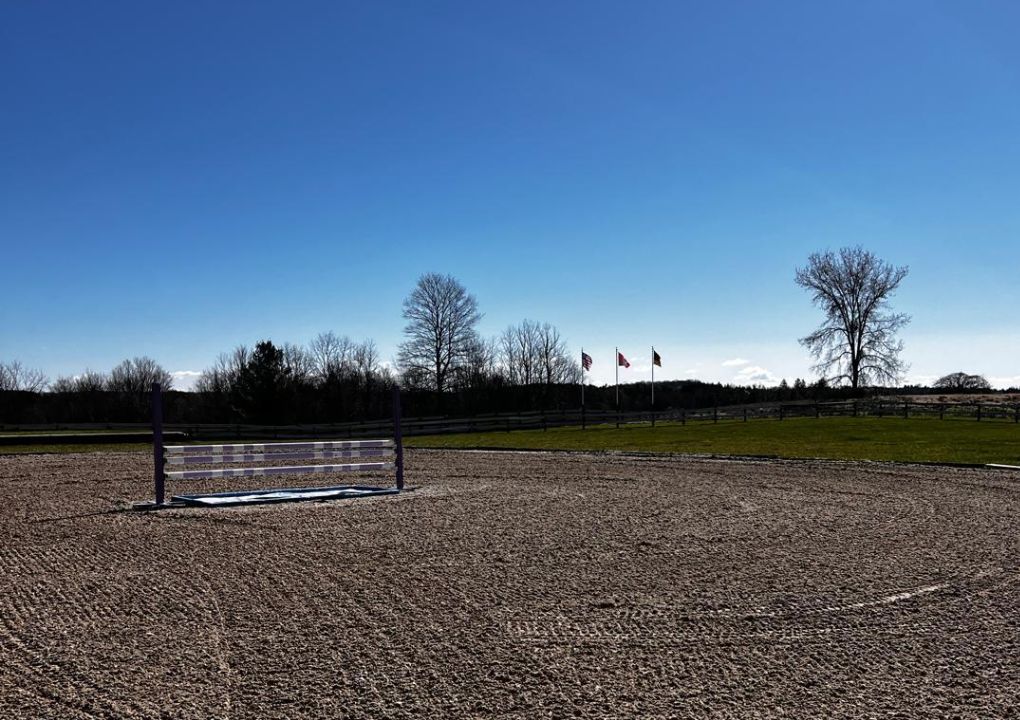Buying a jumper is an exciting yet challenging task. These athletic horses are known for their agility, power, and ability to navigate obstacles with ease. Whether you're a rider or a newcomer, making the right choice is crucial for success in show jumping.
This guide will help you understand what to look for when purchasing your next jumper for sale.
Know Your Goals
First things first, identify your goals. Are you aiming for local shows, national competitions, or simply improving your riding skills? Your goals will influence the type of jumper you need. For high-level competitions, you'll need a horse with a proven track record and exceptional abilities. For training purposes, a less experienced but promising jumper might be a better fit.
Check the Horse's Health
A healthy horse is a happy horse. Always prioritize health when buying a jumper. Look for signs of good health, such as a shiny coat, clear eyes, and clean legs. It's also essential to have a veterinarian conduct a thorough pre-purchase examination. This will help identify any potential health issues that could affect the horse's performance.
Assess the Horse's Temperament
Temperament is key in a jumper. You want a horse that is calm, confident, and willing to work with you. Spend time observing the horse in different settings—watch how it behaves in the stable, during grooming, and while being ridden. A horse with a good temperament will be easier to train and handle, especially in the high-stress environment of show jumping.
Consider the Horse's Age
Age matters when buying a jumper. Younger horses (4-6 years old) might have more potential but less experience. Older horses (10+ years old) often come with more experience but may have less time at their peak. Decide what balance of potential and experience suits your needs best. Remember, training a young horse requires more time and patience.
Evaluate Training and Experience
Training and experience are crucial for jumpers. Ask about the horse’s training history and previous owners. Find out what type of training it has undergone and how it performed in past competitions. A well-trained horse with competition experience will give you a head start. However, if you're looking to train a horse yourself, a less experienced jumper might be more suitable.
Inspect Conformation
Conformation refers to the physical build of the horse. Good conformation is essential for a jumper as it affects their ability to perform. Look for a horse with a strong, balanced build. Pay special attention to the legs and feet, as they bear the brunt of the jumping impact. A horse with good conformation will be less prone to injuries and perform better overall.
Test Ride
Never buy a jumper without a test ride. Riding the horse yourself is the best way to gauge its suitability. Pay attention to how the horse moves, its responsiveness to commands, and overall comfort. If possible, try jumping a few obstacles to see how the horse handles it. A test ride will give you a real sense of what it’s like to work with the horse.
Think About the Future
Consider the long-term when buying a jumper. Think about the horse’s potential growth and how it fits into your future plans. Will the horse be able to compete at higher levels as you progress? A good jumper is an investment, so choose a horse that will grow with you.
Happy horse hunting, and may your next jumper help you soar to new heights in the show ring!
Check out Clermark Equestrian for the best jumpers for sale in Wellington, FL!





Comments